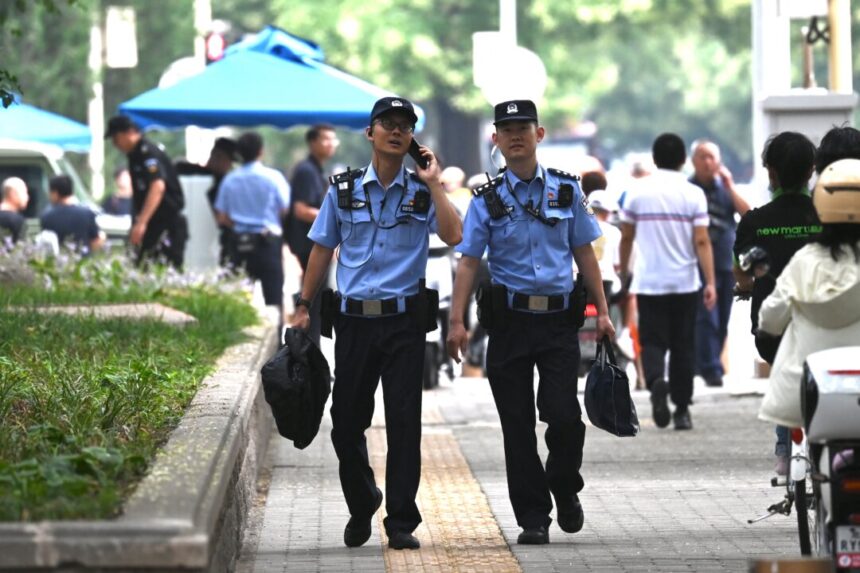China’s local governments have been supporting growth through extensive borrowing and large-scale spending. However, the significant debt accumulated poses a challenge to China’s overall development.
Commentary
Following the conclusion of the long-delayed Third Plenum session last week, the details of the Chinese regime’s upcoming five-year plan remain unclear. Beijing appears to believe that its previous efforts to address the property crisis are sufficient.
The outcome of the meeting did not provide much clarity on this issue, which is concerning as more decisive action is required. While there was mention of addressing local government debt, the proposed solutions lack specificity. Without a comprehensive strategy, the burden of local government debt will hinder Chinese growth, even if the property crisis improves.
The root of the local government debt problem lies in the use of local government financing vehicles (LGFVs). These entities were encouraged by Beijing to enable local governments to secure the substantial funding necessary for infrastructure projects without exceeding debt limits or attracting public scrutiny. However, this off-the-books “shadow debt” has grown significantly over the years, ranging from $7 trillion to $11 trillion, surpassing the central government’s debt in Beijing.
These LGFVs have played a crucial role in funding large-scale infrastructure projects in China, such as apartment complexes, city centers, highways, bridges, and rail systems. While initially contributing to economic growth and employment, the diminishing returns from these projects have made the accumulated debt unsustainable.
The centralized planning approach favored by the CCP has led to politically driven rather than economically viable projects. Initially, this alignment was effective due to China’s developmental needs, but over time, the economic returns diminished, resulting in a debt crisis.
Estimates suggest that a substantial portion of LGFV debt, around $800 billion, may never be repaid, leading credit-rating agencies to downgrade China’s financial outlook. Local governments are struggling to meet their obligations, impacting essential services for their populations and impeding Beijing’s growth agenda.
To revive the economy, Beijing must address the LGFV debt crisis promptly. Failure to do so could have more severe consequences than the ongoing property crisis. However, given the slow and uncertain response to the property crisis, it is doubtful that an adequate plan will be implemented swiftly. Resolving these issues will take time, hindering China’s ability to regain its previous growth momentum, crucial for the CCP’s aspirations.
Views expressed in this article are opinions of the author and do not necessarily reflect the views of The Epoch Times.
Please provide me with an alternative version.
Source link





